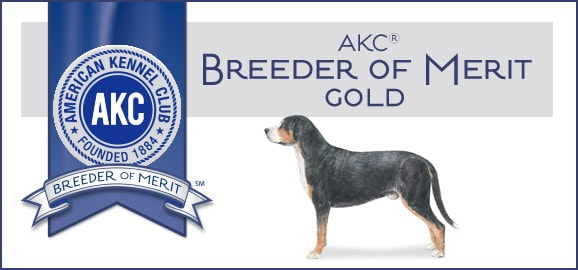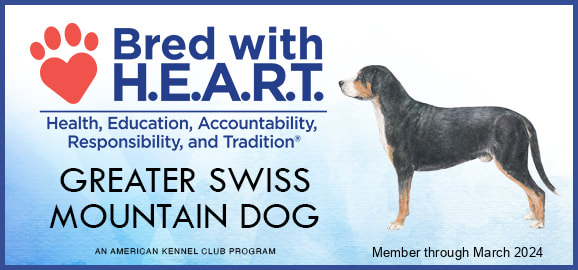SO YOU WANT A SWISSY?
Ask yourself first, "Why do I really need to have a purebred dog?" Is it merely because you like their beautiful looks? Or because you've been led to believe they're the perfect family dog? Have you reconciled yourself with the fact that millions of dogs are euthanized in shelters every year? Whether you believe the HSUS number of 3-4 million, or the anti-HSUS studies that say it's only about 2 million -- the bottom line is that millions will die this year, unwanted and unloved in the inappropriately named "shelters." And many of those are very adoptable dogs, whether puppies from unplanned litters or family members surrendered by owners who just got too busy or were "moving." They are just as deserving of your love as any dog you'd buy from a breeder.
Please consider adopting from a shelter. But if you must have a purebred dog, then please make a lifetime commitment to that dog. And please spay or neuter your pet.
Please consider adopting from a shelter. But if you must have a purebred dog, then please make a lifetime commitment to that dog. And please spay or neuter your pet.

